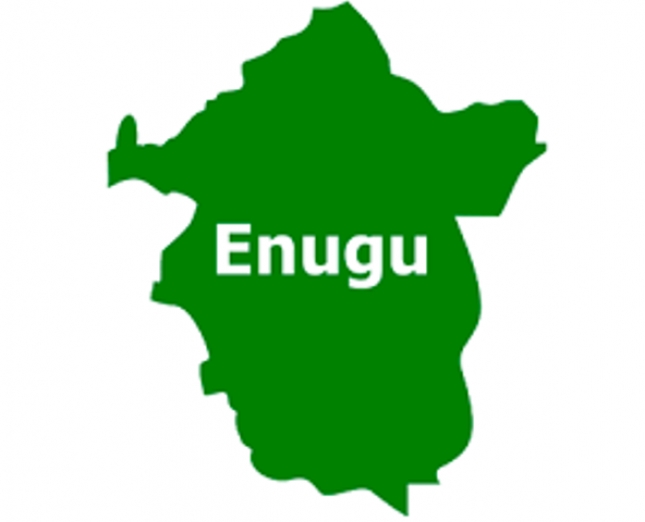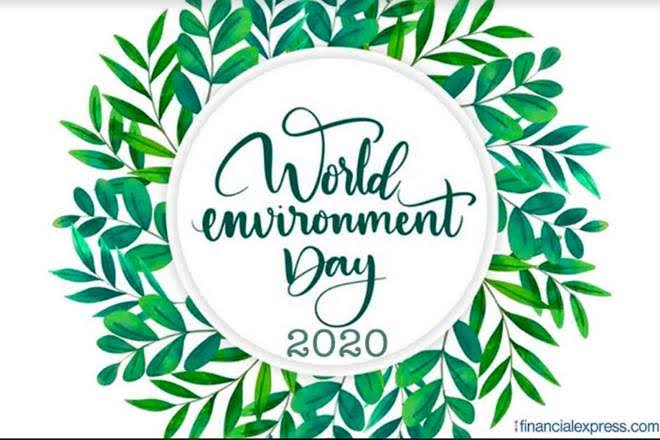The Counsellor and Head of Trade and Economics of the European Union Delegation to Nigeria and the Economic Community of West African States (ECOWAS), Fillipo Amato, has said grants from developed world is not enough to stir the development needed in Nigeria.
Amato said there was need for the private sector to be more involved in the economic development of the country.
He added that that need informed the mobilisation of investments of about €4 billion into Nigeria and West Africa at large.
Speaking at a pre event press briefing in Lagos ahead of the 6th edition of the EU-Nigeria Business Forum, he said the forum was aimed at bringing private sector operators, policy makers and foreign investors from the EU to the dialogue table.
Noting that EU has in the last 40 years been working towards the economic development of West African countries, he said the Economic Partnership Agreement (EPA) between the two regions was to further boost economic growth in the developing countries of West Africa.
Stating that the agreement would spur industrialisation in West African countries, Amato said it would increase foreign direct investments into the countries thereby boosting their economy and tax base.
He however urged that the Nigerian government diversify its revenue base as the implementation of the agreement is bound to cut back the revenue from import tariffs.
Under the EPA, West African countries’ exports are granted duty free access to the EU while in turn they reduce duties on 75 per cent of EU imports over a transition period of 20 years.
Amato stressed the need for the Nigerian government to expand its tax base in order to diversify its revenue.
According to him, the Nigerian economy was already diversified as the GDP of the country showed that oil which was the major revenue earner for the government contributed less than 20 per cent of the GDP.
“The Nigerian economy is already diversified. What needs to be diversified is the exports of the country which is dominated by oil. Secondly, government needs to diversify its source of revenue by expanding its tax base,” he said.
Amato noted further that in spite of the significant effect of recession on Nigeria’s trade, EU-Nigeria trade remained strong, standing at €9.9 billion in 2016.
The EU, he said remained the top destination for oil and non -oil exports from Nigeria.
The 6th edition of the European Union-Nigeria Business forum coming up in the first week of October this year is themed “Youth as an Engine of Broad- Based Economic Transformation” will focus on the role of youths in information and Communication Technology (ICT) and agribusiness, which ate key sectors to support the growth and diversification of the Nigerian economy.
The forum is expected to give business leaders and policy makers from the European Union (EU) and Nigeria a platform to explore business openings and how to increase investment, with a view to create more jobs, particularly in the ICT sector and agriculture.
The 6th EU-Nigeria Business forum aims to identify the key role of youth in Digital Economy and the potentials of ICT in cross cutting themes with experiences shared from the EU.
Also, it aims at strengthening EU and Nigeria’s business relations through identification of opportunities in the agribusiness space in creating jobs, boosting exports and addressing local food security problems.











